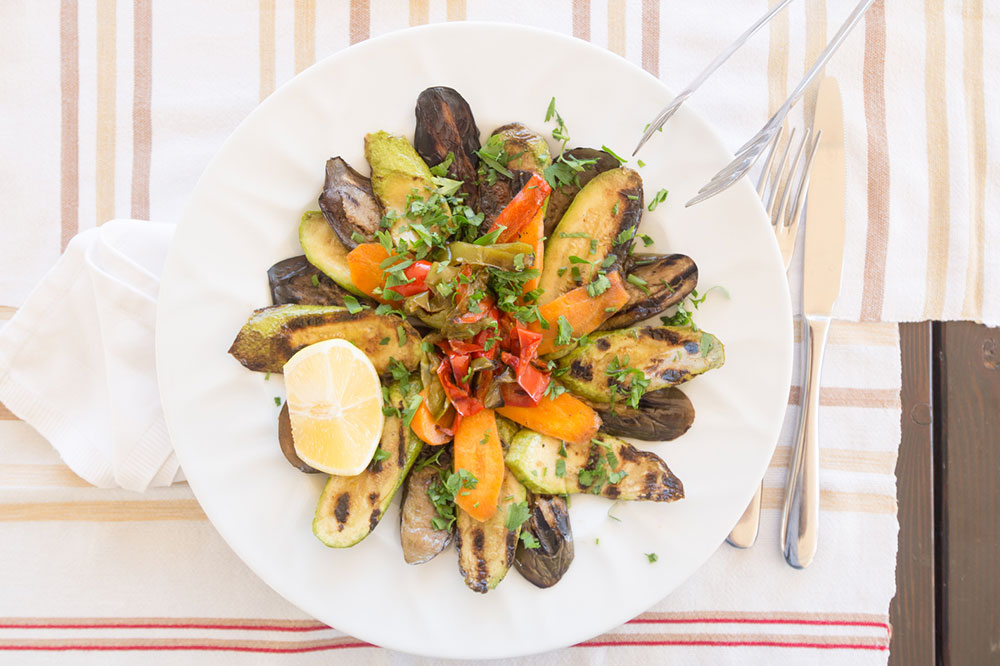
Foods to Help Manage Gout
When it comes to managing illnesses through dietary and lifestyle changes, no single recommendation can suit everyone, and the same holds for gout. One person could be experiencing severe symptoms, while another might be interested in preventing the condition altogether. Besides, factors like age, gender, weight, and overall health and medical background also differ from one person to another. This makes it important to understand the needs and preferences of a patient before deciding on a particular diet plan to follow to alleviate the symptoms of gout.
People with gout must avoid high-purine foods and include more low-purine foods in their diet. Here’s a list of food groups marked safe for people with gout:
- Red meat
Though organ meat has high purine content, red meat like pork, beef, and lamb are moderate in purine. While completely avoiding organ meat, you can eat red meat in smaller portions and only to fulfill the protein requirements of your diet. The body requires about 1 gram of protein per kg of our weight, so manage your portions accordingly. Anything in excess will cause higher levels of uric acid, which is best to avoid, especially during a flare-up. The same holds for poultry protein like duck and chicken. - Beans, legumes, and green peas
Although beans and legumes have a moderate level of purines, they do not affect gout as much as red meat does. Since they are also rich in antioxidants and fiber, they can help in the recovery process after a gout flare-up. - Dairy
A dietary tip for managing gout is to include low-fat dairy products like skimmed milk and buttermilk in the diet. Cheese is also beneficial as it contains protein, but the portion sizes should be kept in check. - Fruits
Fruits are not very high in purines and are safe for gout. Including cherries is one of the most beneficial dietary tips for people with gout. Pineapples, papayas, and vitamin C-rich fruits like grapes, oranges, grapefruit, and tangerines can also be included in the daily diet. Even fructose-rich fruits can be eaten in moderation as they provide vitamins and antioxidants that can help reduce pain and aid a faster recovery. - Omega-3 fatty acids
Omega-3 fatty acids have anti-inflammatory properties and also promote heart health. Since gout is a severe form of arthritis, these healthy fats help reduce swelling and inflammation. Seafood is the ideal source of omega-3 fatty acids, so another dietary tip to follow is to include them in the diet for people with gout. At the same time, ensure that only low-purine fish are included. Salmon is the best option and can be included in the diet thrice a week. Nuts and flaxseeds are also safe for people with gout. - Vegetables
Since only a few vegetables have high or moderate purines, there are a lot of options to include in the diet. A useful dietary tip for people with gout is to include at least five servings of fruits and vegetables in their daily diet. - Fluids
Whether in case of a flare-up or chronic gout, drinking about 8-12 glasses of fluids is beneficial. Half of it can be water, and fresh fruit juices without sugar, soups, and even an occasional cup of coffee or green tea can make up the rest. Caffeine in moderation has beneficial effects on gout.
It is advisable to not use any source of information as a substitute for consulting a doctor or a nutritionist before beginning a diet.



